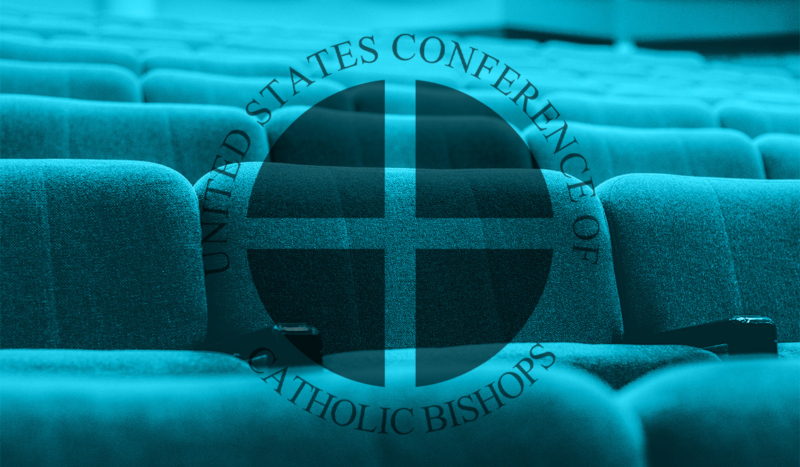
CV NEWS FEED // The religious liberty law foundation Becket Fund has filed a lawsuit on behalf of the United States Conference of Catholic Bishops (USCCB) to fight back against a pro-abortion mandate.
On May 22 Becket filed a lawsuit in the U.S. District Court for the Western District of Louisiana against the Equal Employment Opportunity Commision (EEOC), requesting a motion for a preliminary injunction.
In 2022, Congress passed the Pregnant Workers Fairness Act (PWFA), which made it illegal for employers to deny reasonable accommodations for pregnant employees, such as a bathroom breaks or modified work schedules.
“During the PWFA’s Congressional debates, lawmakers made it clear that the PWFA does not require employers to accommodate abortion,” reads a news release from Becket, which noted that “the law doesn’t mention abortion at all. Instead, they emphasized over and over that the law provided ‘very simple’ protections for pregnant women, and that it was hard to imagine ‘a more commonsense, less controversial’ law.”
In 2021 the USCCB expressed support of the Act, and praised the legislation for supporting family-work life.
However, the EEOC “weaponized” PWFA and, in a 3-2 vote, “mandated that employers nationwide must accommodate employee abortions. The rule requires that employers must knowingly agree to allow their employees to take leave, including paid leave, to have an abortion,” according to the Becket news release:
Employers cannot enforce life-affirming workplace policies and practices against employees who choose to obtain an abortion. Employers also may not communicate about pro-life beliefs in ways that “interfere” with abortion accommodations, and must censor some forms of pro-life employee speech for the same reason.
Becket has filed a lawsuit on behalf of the USCCB to block EEOC from enforcing this mandate, arguing that the mandate violates the First Amendment.
The lawsuit notes that the EEOC’s mandate forces the USCCB to “knowingly violate their sincerely held beliefs regarding the moral evil of abortion or risk liability and face years-long expensive and entangling litigation by both the EEOC and private parties.”
The mandate also pressures the USCCB “to alter their religious speech concerning abortion,” both in their policies and in “their religious decisions about how best to handle a situation where an employee or faculty member speaks or acts about abortion in a manner that conflicts with Plaintiffs’ beliefs.”
Becket’s news release noted that this is not the first instance when a federal agency has overstepped its authority and attempted to enforce mandates contrary to religious organizations’ beliefs.
For example, The Little Sisters of the Poor spent several years fighting back in court against a mandate requiring employers to cover contraception and abortion-related costs in their insurance.
“And after all that litigation, the federal government ultimately admitted that it never needed to conscript the Little Sisters or other religious objectors in the first place,” the news release noted. “EEOC shouldn’t repeat the same illegal error, forcing employers who object to abortion into a needless decades-long legal battle.”

